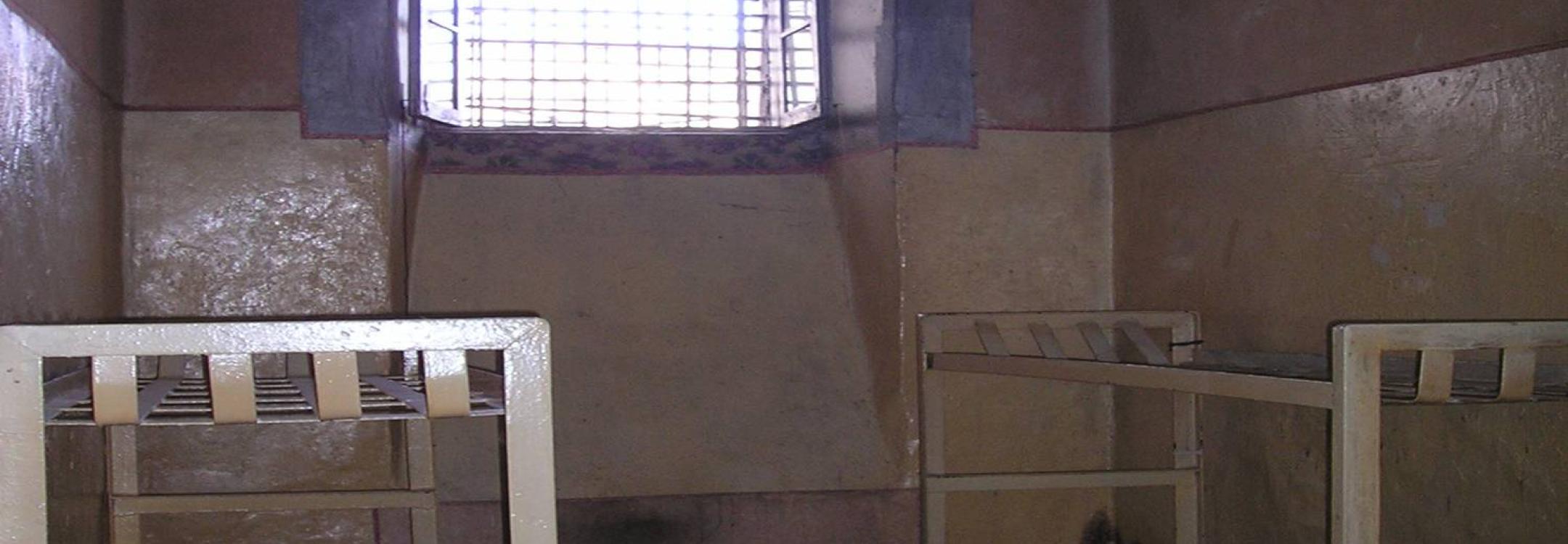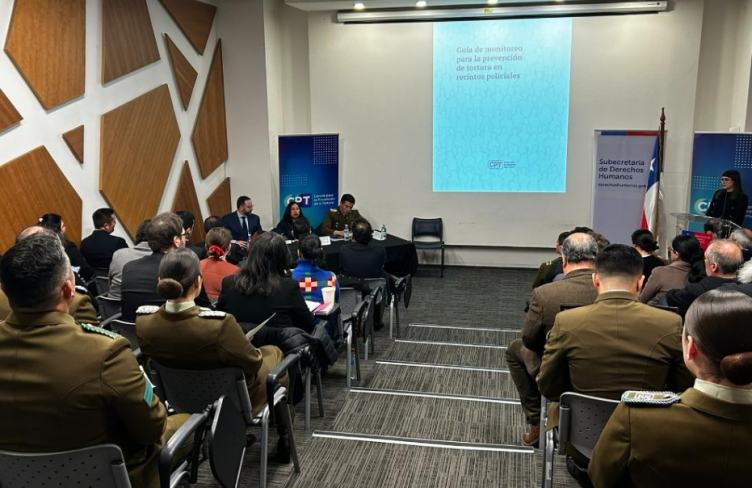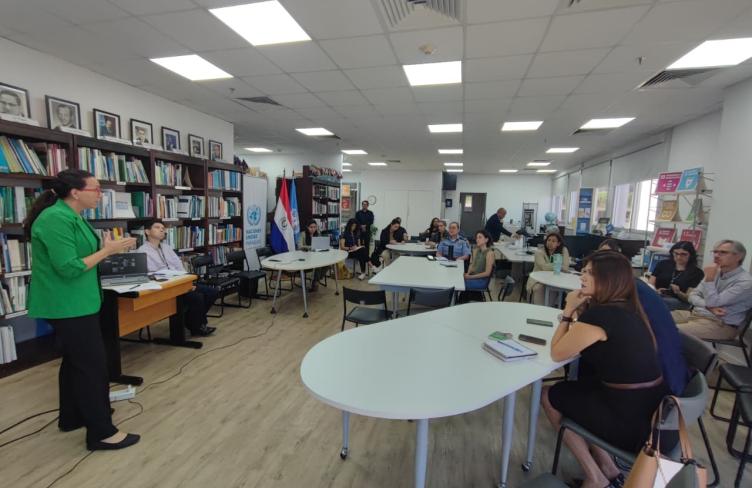
Yesterday marked an important milestone for prison systems across Europe: the revised set of European Penitentiary Rules (EPR) were adopted by the Council of Europe’s Committee of Ministers. The Association for the Prevention of Torture (APT) and Penal Reform International (PRI) welcome this important revision of both the rules (and their commentary). It is instrumental that prison standards are regularly updated to reflect societal developments, with the objective of fostering prison environments that fully respect the rights and dignity of detainees.
Firstly adopted in 1973, thoroughly revised in 1987 and further reformulated in 2006, they represent the most important standards in the region - and even beyond. However, with the adoption of the United Nations Standard Minimum Rules for the Treatment of Prisoners, known as the Nelson Mandela Rules, in 2015 by the UN General Assembly, some EPR provisions were lagging behind these international minimum standards.
Rules that have been revised relate to: solitary confinement, records and file management, women, foreign nationals, use of restraints, complaints, staffing, as well as inspection and monitoring. Most of the revised rules are now aligned with the Nelson Mandela Rules and some even provide greater protection.
Notably, important limits on the use of solitary confinement are detailed including the requirement that states set out the maximum period for which the practice may be imposed in their national legislation. There is an added protection for people in solitary confinement with the obligation of a daily visit by the prison director or an authorised member of the prison staff, as well as by the medical practitioner. “Limits and oversight of solitary confinement are welcomed in the revised Rules, particularly as we see an increased use of the practice with COVID-19 restrictions in many European prisons,” explains Olivia Rope, Director of Policy and International Advocacy at PRI.
In September 2018, the APT and PRI submitted a joint contribution with detailed recommendations to each set of rules. “We are very pleased to see that a number of our proposals have been taken on board by the Council of Europe and that the European Prison Rules are now an even stronger set of standards”, said Barbara Bernath, Secretary General of the APT.
Among other significant improvements, provisions on women in prison are now much stronger and better take into account their particular needs. The new rules also reflect more accurately the fact that they can be exposed to gender-specific forms of abuse. As another example, the provisions on inspections and monitoring now draw inspiration from the Optional Protocol to the Convention against Torture (OPCAT) and provide more clarity on the powers of independent monitoring bodies.
The EPR are not only important for prison staff and management, but also for other actors involved in the prison system, including lawyers, judges (who sometimes draw on them in their rulings), independent monitors, civil society organisations, detainees’ relatives, and others. It is therefore essential that these standards set the benchmark as high as possible in human rights protections.
Developing standards is essential, but ensuring they are properly implemented is even more so. PRI and APT are committed to contributing to their implementation by strengthening the capacity of prison staff and independent monitors.


